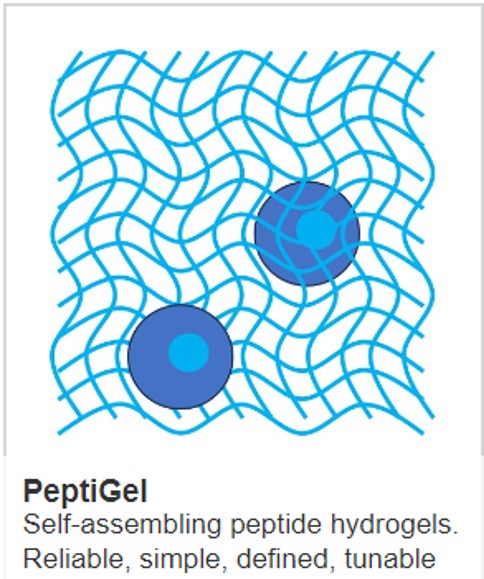The abscopal effect: unexpected cancer therapeutic dividends

Cancer treatment has long been a battlefield of precision, targeting tumors with treatments like surgery, chemotherapy, and radiation. However, a rare and fascinating phenomenon known as the “abscopal effect” has intrigued oncologists and researchers, offering a glimpse into the body’s hidden power to fight cancer beyond the direct line of treatment.
The term “abscopal” is derived from Latin, where “ab” means “away from” and “scopus” means “target.” The abscopal effect occurs when localized treatment, such as radiation therapy to a specific tumor site, unexpectedly causes shrinkage or complete regression of cancer metastases at distant sites in the body that have not been directly treated. This systemic response is akin to a ripple effect, where the intervention at one point leads to a wave of therapeutic impact throughout the body.
Historically, the abscopal effect has been considered exceedingly rare, with sporadic case reports dotting the medical literature. However, with the advent of immunotherapy, which harnesses the body’s immune system to fight cancer, there has been a resurgence of interest in understanding and potentially harnessing this phenomenon.
One of the most compelling cases of the abscopal effect was reported in a patient with metastatic non-small cell lung cancer. After receiving radiation therapy to a single lesion, not only did the treated tumor shrink, but so did other, untreated metastases. This case, detailed in the journal Radiation Oncology, underscores the potential of the abscopal effect to enhance cancer treatment outcomes (Radiation Oncology (2021) 16:185).
The underlying mechanism of the abscopal effect is believed to involve the immune system. When radiation destroys tumor cells, it can release tumor antigens—substances that the immune system recognizes as foreign. These antigens are then picked up by antigen-presenting cells, which activate and expand antitumor lymphocytes. These lymphocytes can circulate throughout the body and attack distant metastases, leading to their regression.
Recent research has suggested that combining radiation therapy with immunotherapy may increase the likelihood of observing the abscopal effect. A study published in Medicine in Drug Discovery highlights the potential synergy between these treatments, suggesting that immunotherapy could prime the immune system to respond more vigorously when radiation releases tumor antigens (Medicine in Drug Discovery (2023) 15:100099).
The implications of the abscopal effect are profound. It suggests that the immune system, once properly activated, can seek out and destroy cancer cells even in the absence of direct treatment. This has led to a renewed focus on immunomodulatory strategies that could amplify this effect. For instance, the use of immune checkpoint inhibitors, which release the brakes on the immune system, has been associated with increased reports of abscopal responses.
Case reports in other types of cancer, such as oligometastatic head and neck cancer, have also documented the abscopal effect. In one instance, a patient experienced regression of untreated metastases following radiation therapy to a single site, as described in Clinical Case Reports (Clinical Case Reports (2021) 9(3): 1373-1377). These cases provide hope that with further research, the abscopal effect could become a more predictable and harnessed aspect of cancer treatment.
Despite the excitement surrounding the abscopal effect, it’s important to note that it remains a rare occurrence. The exact conditions that lead to this systemic response are not fully understood, and not all patients who receive radiation therapy, even in combination with immunotherapy, will experience it. However, the potential for turning a local treatment into a systemic therapy is a tantalizing prospect for oncologists.
The rarity of the abscopal effect has made it challenging to study. However, as more cases are reported and as our understanding of the immune system’s role in cancer therapy deepens, researchers are beginning to piece together the puzzle. Preclinical studies, such as those involving mice with bilateral mammary carcinoma, have provided valuable insights. These studies have shown that the abscopal effect can be induced in animals with a competent immune system but not in those lacking T-cells, highlighting the critical role of the immune system in mediating this response (Demaria et al., 2004).
The future of cancer treatment may well involve strategies designed to induce the abscopal effect more consistently. By combining radiation therapy with advanced immunotherapies, we could potentially transform the way we approach metastatic cancer, turning a traditionally palliative treatment into a potentially curative one. The goal is to not only target the primary tumor but also to stimulate the immune system to recognize and destroy distant metastatic cells.
Ongoing clinical trials are exploring various combinations of radiation and immunotherapy to optimize the conditions for inducing the abscopal effect. The hope is that these studies will identify biomarkers that can predict which patients are most likely to benefit from such treatments and elucidate the optimal timing and dosing of radiation and immunotherapeutic agents.
In conclusion, the abscopal effect represents a frontier in cancer therapy that could change the paradigm of how we treat metastatic disease. While it is not yet a standard part of cancer treatment, its potential to leverage the body’s own immune system to fight cancer at distant sites is a powerful concept. As research continues to unravel the mysteries of the immune system and its interaction with cancer therapies, we may find ourselves harnessing the full potential of the abscopal effect, offering new hope to patients with advanced cancers.
IMAGE - Small cell lung cancer. Orgegon State University. Creative commons



